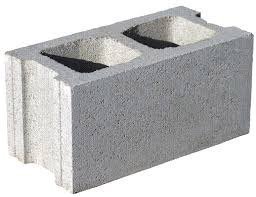Policy Decisions
 Policy decisions are defined in management theory as those decisions that define the basic principles of the organization and determine how it will develop and function in the future. Policies set the limits within which operational decisions are made. Examples include: Vision, Mission, Aim
Budget and Finance Practices
Allocation of Resources
Organizational Structure Policy decisions limit the actions an organization and its members can take without changing the policy. In sociocracy, policy decisions are made… Read More . . . “Policy Decisions”
Policy decisions are defined in management theory as those decisions that define the basic principles of the organization and determine how it will develop and function in the future. Policies set the limits within which operational decisions are made. Examples include: Vision, Mission, Aim
Budget and Finance Practices
Allocation of Resources
Organizational Structure Policy decisions limit the actions an organization and its members can take without changing the policy. In sociocracy, policy decisions are made… Read More . . . “Policy Decisions”Consensus: Community or Decision-Making
Stand Asides
“Blocks” & Vetos in Consensus Decision-Making
 I find the word block in consensus decision-making destructive. It is particularly counter-productive when used to refer to all objections, rather than seemingly unresolvable objections.
Objections do feel like blocks when after hours of discussion a person or persons will not consent — I find myself feeling this too. And sometimes when I object, in my gut I really want to block. I don’t want to argue the point, I just want to BLOCK. The… Read More . . . ““Blocks” & Vetos in Consensus Decision-Making”
I find the word block in consensus decision-making destructive. It is particularly counter-productive when used to refer to all objections, rather than seemingly unresolvable objections.
Objections do feel like blocks when after hours of discussion a person or persons will not consent — I find myself feeling this too. And sometimes when I object, in my gut I really want to block. I don’t want to argue the point, I just want to BLOCK. The… Read More . . . ““Blocks” & Vetos in Consensus Decision-Making”
